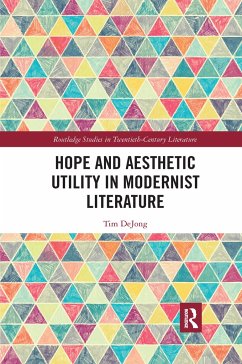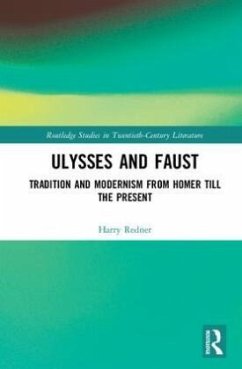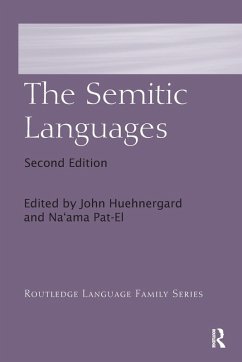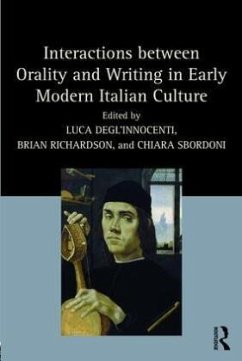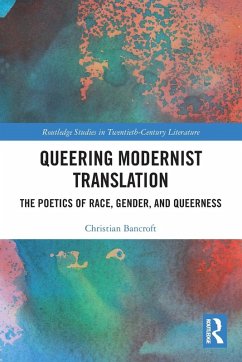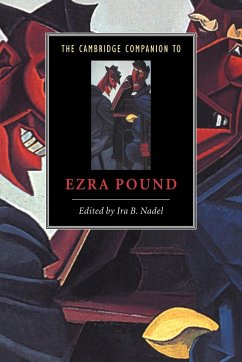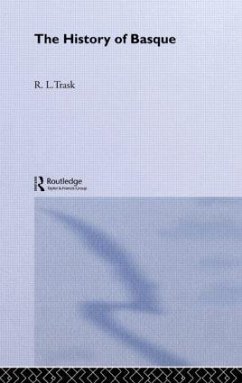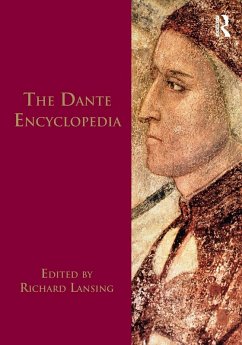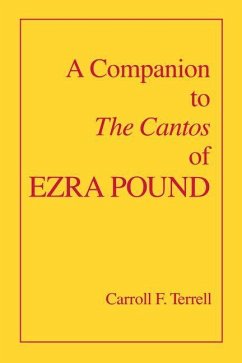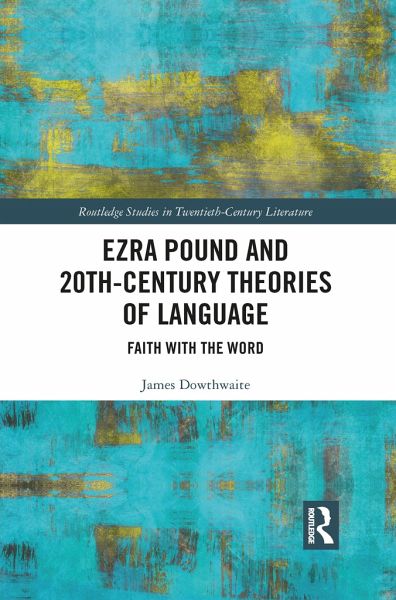
Ezra Pound and 20th-Century Theories of Language
Faith with the Word
Versandkostenfrei!
Versandfertig in 6-10 Tagen
46,99 €
inkl. MwSt.
Weitere Ausgaben:

PAYBACK Punkte
23 °P sammeln!
Ezra Pound is one of the most significant poets of the twentieth century, a writer whose poetry is particularly notable for the intensity of its linguistic qualities. Indeed, from the principles of Imagism to the polyphony of his Cantos, Pound is central to our conception of modernism's relationship with language. This volume explores the development of Pound's understanding of language in the context of twentieth-century linguistics and the philosophy of language. It draws on largely unpublished archival material in order to provide a broadly chronological account of the development of Pound'...
Ezra Pound is one of the most significant poets of the twentieth century, a writer whose poetry is particularly notable for the intensity of its linguistic qualities. Indeed, from the principles of Imagism to the polyphony of his Cantos, Pound is central to our conception of modernism's relationship with language. This volume explores the development of Pound's understanding of language in the context of twentieth-century linguistics and the philosophy of language. It draws on largely unpublished archival material in order to provide a broadly chronological account of the development of Pound's views and their relation to both his own poetry and to modernist writing as a whole. Beginning with Pound's contentious relationship with philology and his antagonism towards academia, the book traces continuities and shifts across Pound's career, culminating in a discussion of the centrality of language to the conception of his Cantos. While it contains discussions around significant figures in twentieth-century linguistic thought, such as Ferdinand de Saussure and Ludwig Wittgenstein, the book attempts to recover the work of theorists such as Leonard Bloomfield, Lucien Lévy-Bruhl, and C.K. Ogden, figures who were once central to modernism, but who have largely been pushed to the periphery of modernist studies. The picture of Pound that emerges is a figure whose understanding of language is not only bound up with modernist approaches to anthropology, politics, and philosophy, but which calls for a new understanding of modernism's relationship to each.





